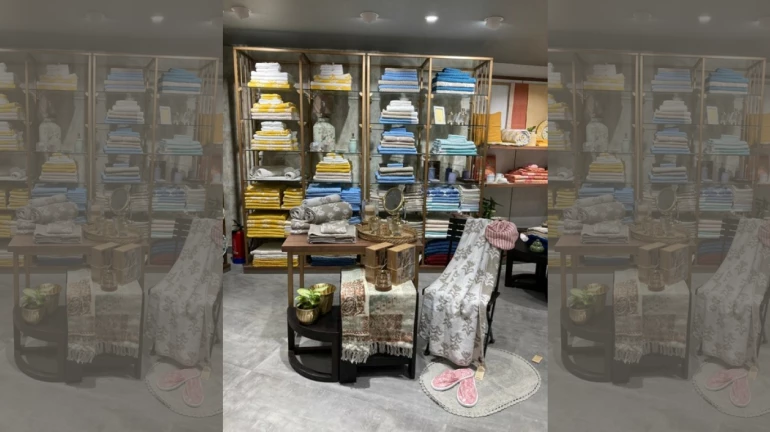
As a consumer lifestyle platform, Fabindia provides its customers with apparel, accessories, jewellery, bags, footwear to home furnishings, décor, textiles, lighting, furniture, gift items as well as organic and natural foods and wellness products.
It has managed to fortify its legacy for over 62 years by supporting the local artisans, their livelihoods, and the crafts while creating an impact-led global design brand.
What’s set it apart over the years has been its understanding of the beauty of Indian crafts and marrying it to the needs of the consumers.
Dipali Patwa, Group Head Of Brand & Community, Fabindia Limited in a conversation with Mumbai Live shares, “Our in-house designers modernize and update their collections of apparel and home furnishings; keeping in mind the tastes and preferences of today’s India in a manner that is both appealing and affordable.”
Patwa adds, “It is this level of consistency, relationship building, good design intervention and understanding of indigenous Indian craft and the artisan sector that has made Fabindia a leading global brand.”
The company has been a trailblazer when it comes to sustainable traditional Indian lifestyle products. It chooses to source natural raw materials for its products that have had a rippling effect of a robust supply chain that caters to customer demand for responsible products using alternative and environmentally friendly materials. They actively avoid using synthetics and plastics in their products to contain their environmental footprint and plastic-related pollution.
This sustainable nuance has been woven into the very fabric of the organization with the company mapping its environmental performance. They track indicators such as energy consumption at stores, offices, and warehouses, the volume of material used to pack products, and waste generated across operations, constituting primarily of discarded packaging materials.
Patwa comments, “Our teams work to streamline the development of designs, artwork, and products using low-carbon manufacturing processes as far as possible. We stay vigilant and deeply conscious of our responsibility to lead the movement towards establishing an eco-efficient fashion industry.”
In addition to taking care of the environment, Fabindia’s business model is centred around the interests of India’s artisans and farmers. Patwa elucidates, “We provide sustainable livelihoods to over 50,000 artisans and 12000 farmers. We have focused on developing a complete value chain from the homes of our artisan homes to products on our shelves. Indeed, nearly 70 per cent of our artisans work from home. Our growth strategy focuses on building the capacity of our artisans to scale. We create new marketplaces for novel craft clusters and hence preserve as well as revive traditional crafts in the process.”
She enunciates, “We offer natural, ethically sourced and environmentally friendly products while blending indigenous craft techniques with contemporary designs. The company also maintains high ethical standards in its code of conduct. Even during the COVID-19 pandemic, we continued supporting our artisans, craft people and vendors, and expeditiously cleared all outstanding payments. Moreover, we gave our artisans other opportunities to produce masks and PPE kits, which we bought from them and disbursed to the public at large.”
Shifting gears to the brand’s presence in Mumbai, Patwa brings to light that Fabindia has 29 stores in the city. Of these, four are large format Experience Centres, which house product and service offerings. Organic India products are present in 2200 stores in Mumbai that include general trade stores, modern trade stores and chemists. While six of these are D2C stores.
Further Patwa articulates the brand’s plans for the future, “We will leverage technology to create a complete human experience. Integrating entertainment with e-commerce, improving our customer experience at stores via feedback and surveys, and making our customers part of our growing Fab Family.”





